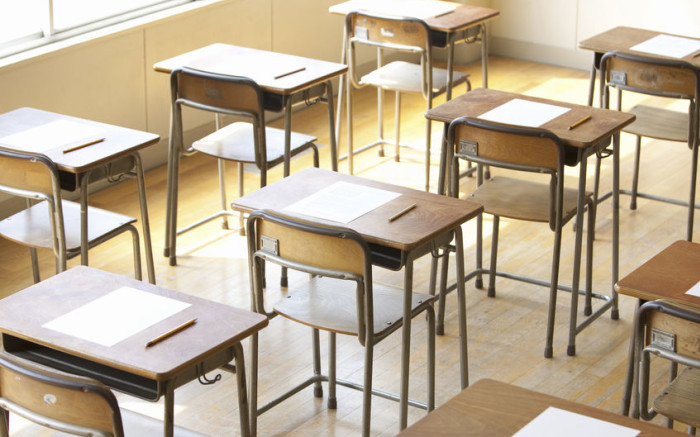News
BELA Act Regulations Affirm Right to Education for All Children, Including the Undocumented

New School Regulations Confirm: No Child Should Be Denied Education
Minister Gwarube calls on South Africans to help shape the future of the classroom.
In a week where debates over healthcare access for foreign nationals made headlines, the Basic Education Ministry quietly published a set of regulations that could have a lasting impact on the country’s classrooms.
The newly gazetted rules, part of the Basic Education Laws Amendment Act (BELA), make it clear: every child within South Africa’s borders, documented or not has the right to go to school.
Why this matters right now
KwaZulu-Natal alone has close to 150,000 undocumented learners, according to MEC Sipho Hlomuka. That’s a number big enough to fill several small towns. Teachers in some areas have been struggling to manage classes where paperwork is missing, yet children still need the same textbooks, uniforms, and support as any other learner.
In a country where more than 13.5 million learners rely on public education, the stakes are high. Without legal clarity, undocumented children risk falling through the cracks, not because they don’t want to learn, but because their birth certificates or passports are missing or impossible to obtain.
What the BELA regulations actually say
The regulations state that schools cannot turn away a child simply because they lack official documentation. Parents or guardians must still apply in the normal way and submit whatever documents they have. If none are available, a sworn affidavit explaining why must be provided.
Once a learner without valid papers is admitted, principals have seven working days to notify the provincial education department. From there, the department will work with families to secure birth certificates or other proof of identity, all while the child remains in school.
The law also strengthens the oversight role of provincial Heads of Department, who can order schools to review admission policies that are discriminatory or inconsistent with the Act.
No room for discrimination
Beyond documentation, the regulations reinforce that admission cannot be denied on grounds such as race, nationality, gender, disability, sexual orientation, language, religion, or health status. The aim is to keep the classroom a place of learning, not a battleground for prejudice.
A call for public participation
Basic Education Minister Siviwe Gwarube has invited South Africans to weigh in on the regulations before they become final. “These regulations will affect how schools are governed, how children are admitted, and how our values as a society are reflected in our education system,” she said.
She urged parents, teachers, school governing bodies, civil society, and education experts to submit their views. Comments close on September 5.
The South African Democratic Teachers Union (SADTU) says it is still studying the details but will make its submission before the deadline.
Public reaction: fairness vs. fear
On social media, reactions have been mixed. Some praised the decision as a win for human rights and children’s dignity. “Education is a right, not a privilege,” wrote one user. Others voiced concern about the pressure on already stretched school resources, arguing that government must also address overcrowding and infrastructure before extending services.
The conversation is far from over, but one thing is now beyond debate: the law says no child in South Africa should be turned away from the school gate.
{Source: IOL}
Follow Joburg ETC on Facebook, Twitter , TikTok and Instagram
For more News in Johannesburg, visit joburgetc.com



























